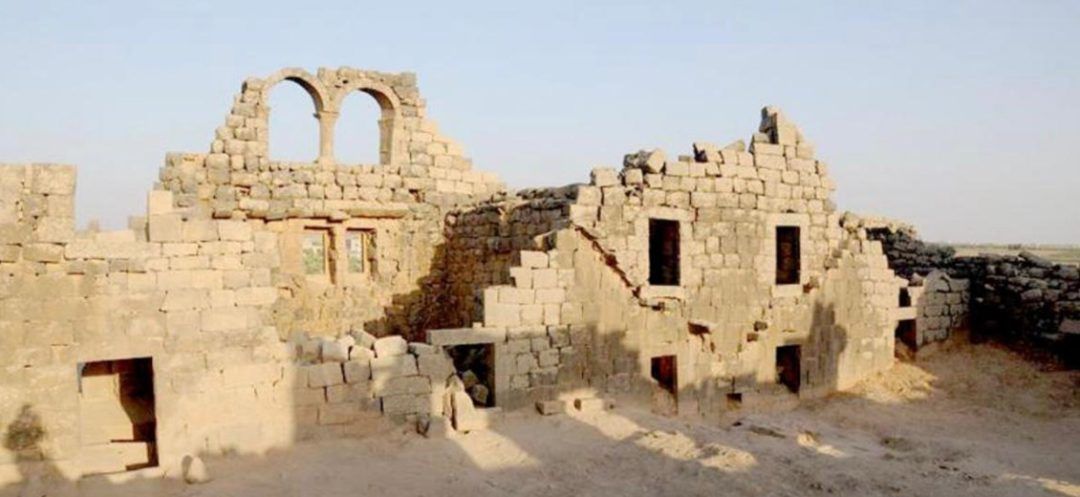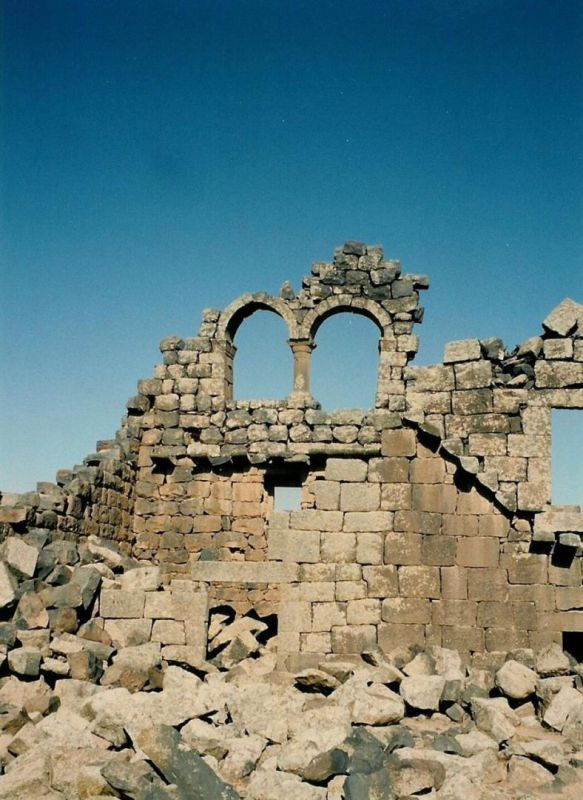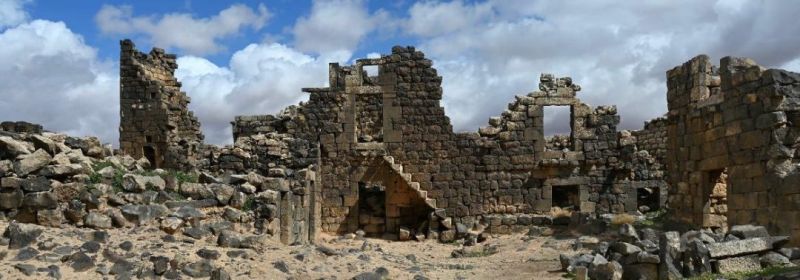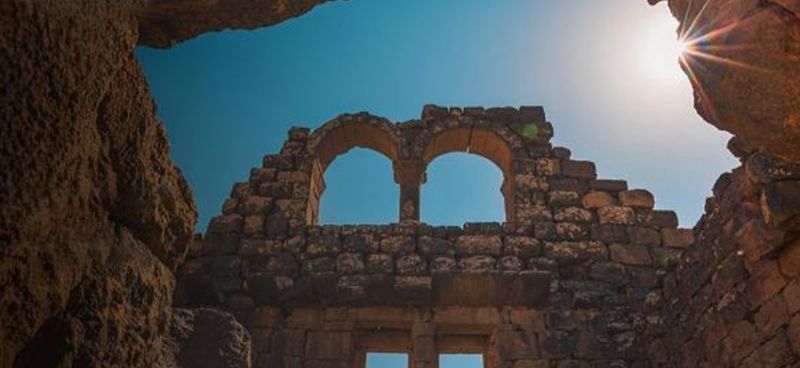
The archaeological site of Umm al-Jimal, a witness to nearly 2,000 years of history, has just been inscribed on the prestigious UNESCO World Heritage List. This recognition highlights the importance of this unique place, a reflection of Jordan’s rich cultural heritage.
Located in the northern part of the country, Umm al-Jimal was an important agricultural and commercial center as early as the first century AD, during the time when the region was part of the Nabataean Kingdom. The remains of this ancient city, which span nearly 5 square kilometers, testify to its flourishing past and its key role on the caravan route linking Hedjaz to Damascus.

Over the centuries, Umm al-Jimal has been influenced by many civilizations: Nabataean, Roman, Byzantine, Umayyad, Mamluk, Ottoman, and modern. This diversity is reflected in the inscriptions discovered on the site, written in Greek, Nabataean, Safaitic, Latin, and Arabic. Archaeologists have uncovered dwellings, churches, watchtowers, and water collection systems, all of which demonstrate the ingenuity of the ancient inhabitants.
One of the unique features of Umm al-Jimal is the use of black basalt stone in the construction of its buildings. This distinctive architectural characteristic gives the site a mysterious and fascinating atmosphere, inviting visitors to delve into its millennia-old history.

The inscription of Umm al-Jimal on the UNESCO World Heritage List is a great victory for Jordan, which now has seven sites recognized for their outstanding universal value. Jordan’s Minister of Tourism and Antiquities, Makram al-Qaisi, emphasized the importance of this achievement, which attests to the country’s strong reputation for community resilience and the preservation of cultural diversity.
This international recognition is expected to help promote Umm al-Jimal as a major tourist destination, attracting visitors from all over the world eager to discover this jewel of Jordanian heritage. Authorities are currently working on enhancing the site to offer tourists an immersive and enriching experience.
By highlighting sites like Umm al-Jimal, Jordan invites the world to discover the fascinating history of this region, a crossroads of civilizations for millennia.

Read more



Comments